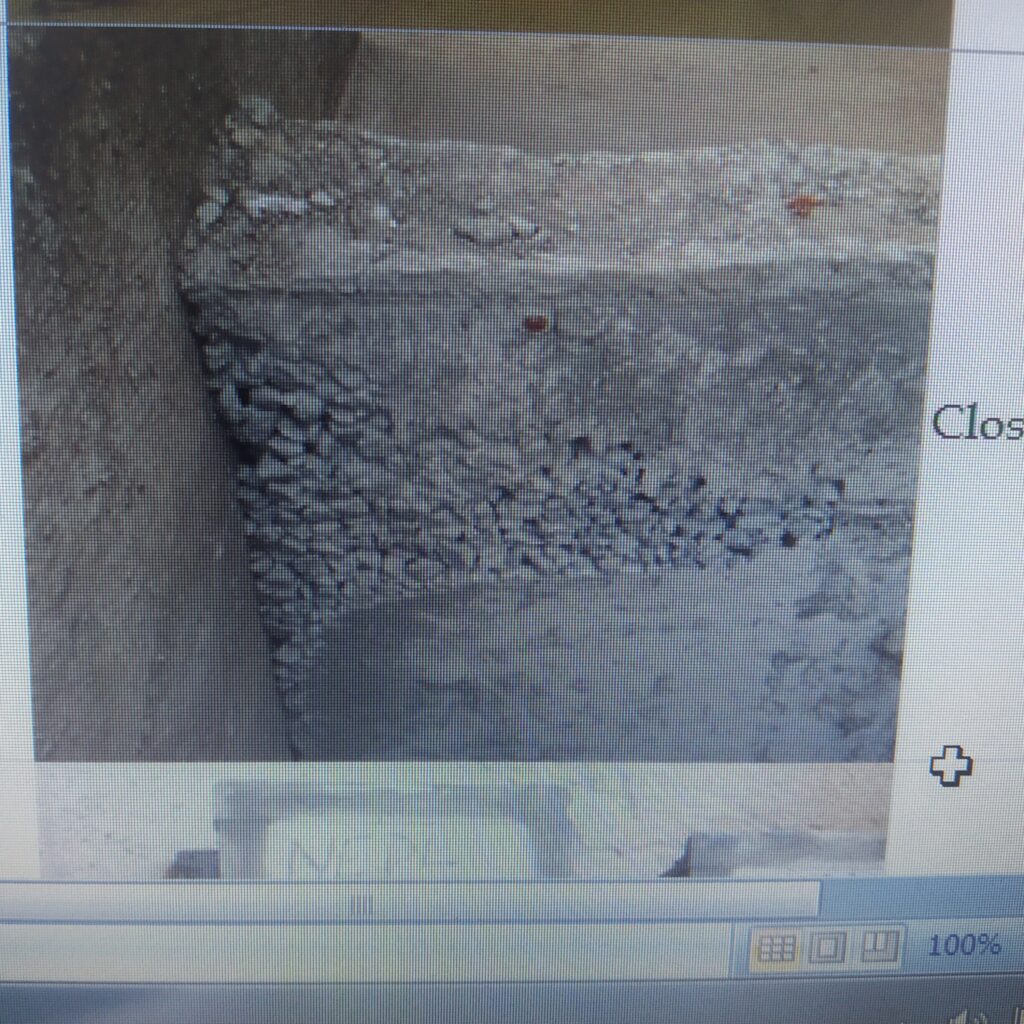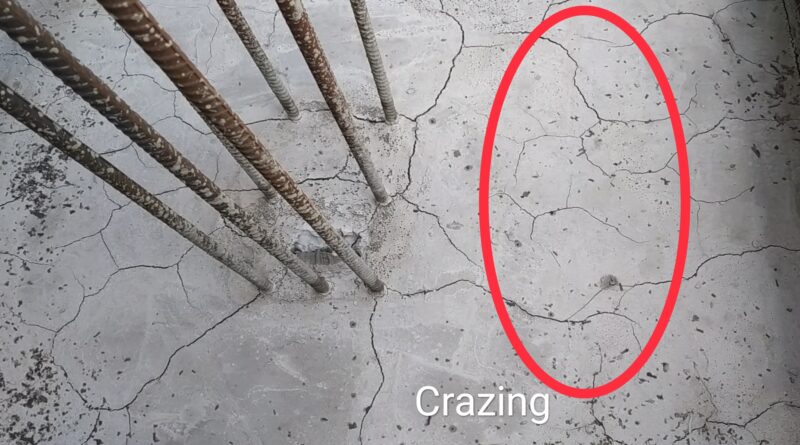Common Mistakes on construction site
Concreting
Big mistake ever seen on construction site is contractor pour concrete directly without any use of chute . It pour concrete directly from Transit mixer
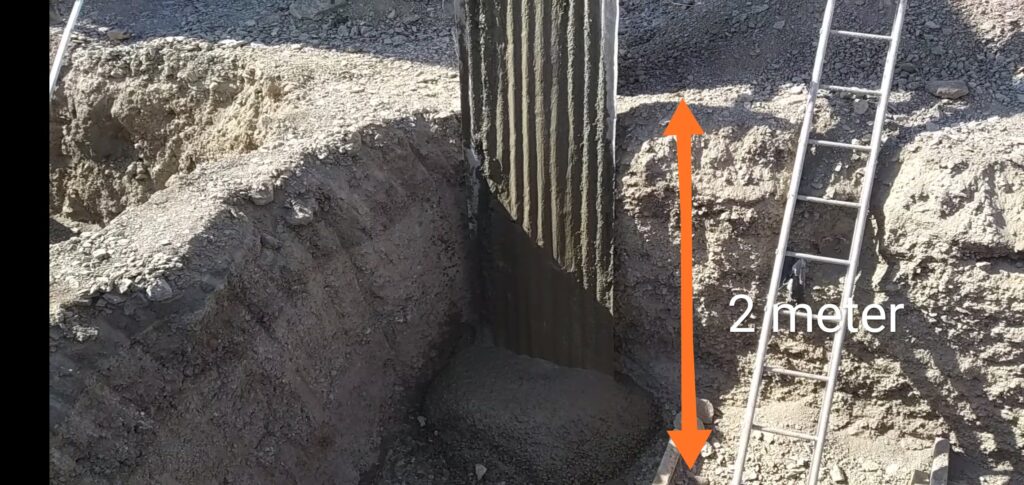
According 456 -2000 the maximum height for pouring of concrete without segregation is 1.5 m and for pump able mix Concrete shall not be placed from a height more than 2.0 m
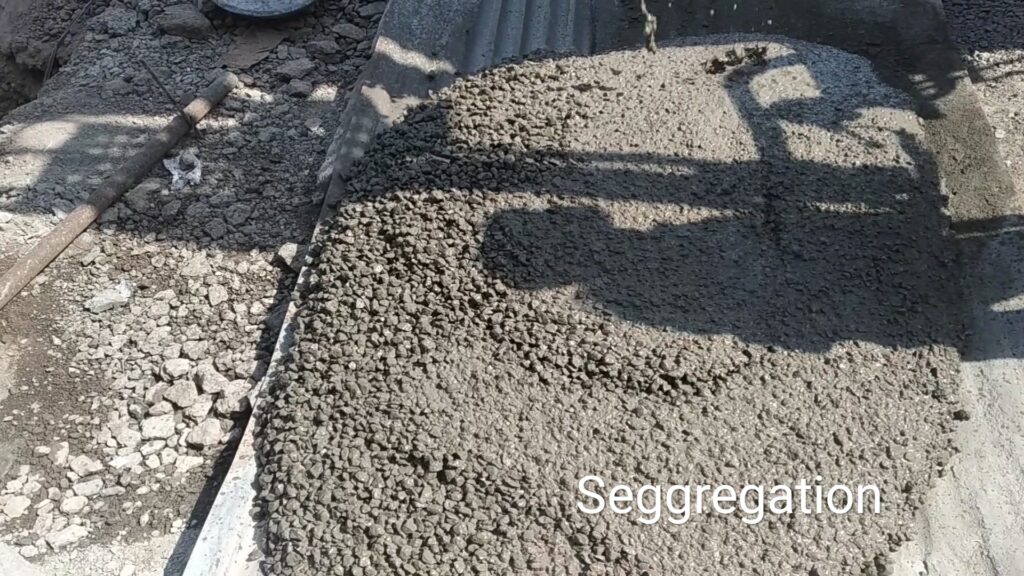
Concrete shall be placed within 60 minutes after mixing of it. Strictly prohibit addition of extra water at batching plant, during transit or at site. Mix without proper slump or cohesion shall not be used.
Reinforcement
Hooks of Lateral reinforcement of pipe support pedestal shall be bent up to 135 degree as per drawing requirement.
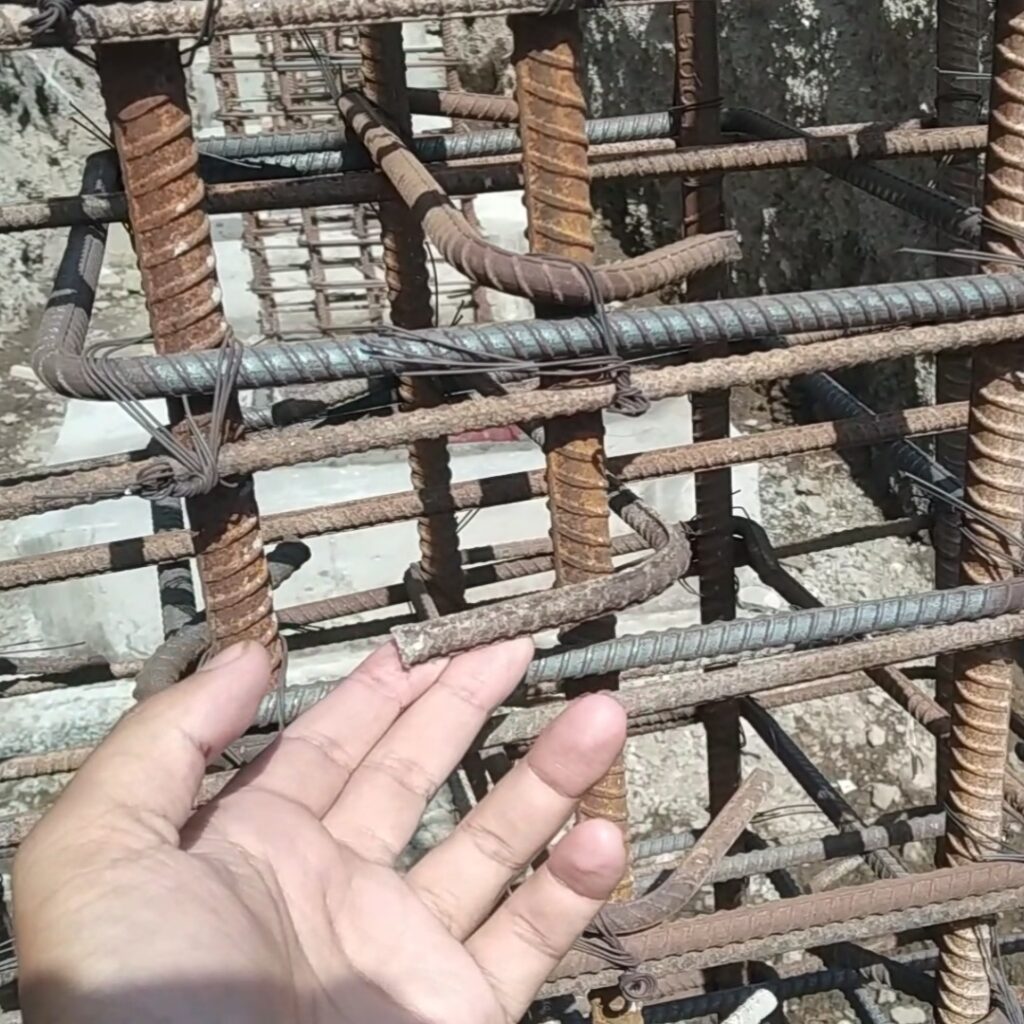
The reinforcing bars, ties, links, stirrups and all other reinforcing shall be positioned and rigidly fixed in the position shown on the drawings.
Corner bars in columns and beams shall be cranked for the entire length of the lap such that the minimum cover requirements are achieved and the true alignment of the reinforcement is maintained
Form work
Forms shall be designed and constructed to maintain rigidity throughout the placing, ramming, vibration, and setting of the concrete to the required shape, position and level and specified class of finish within the allowable tolerances specified in Section 19.
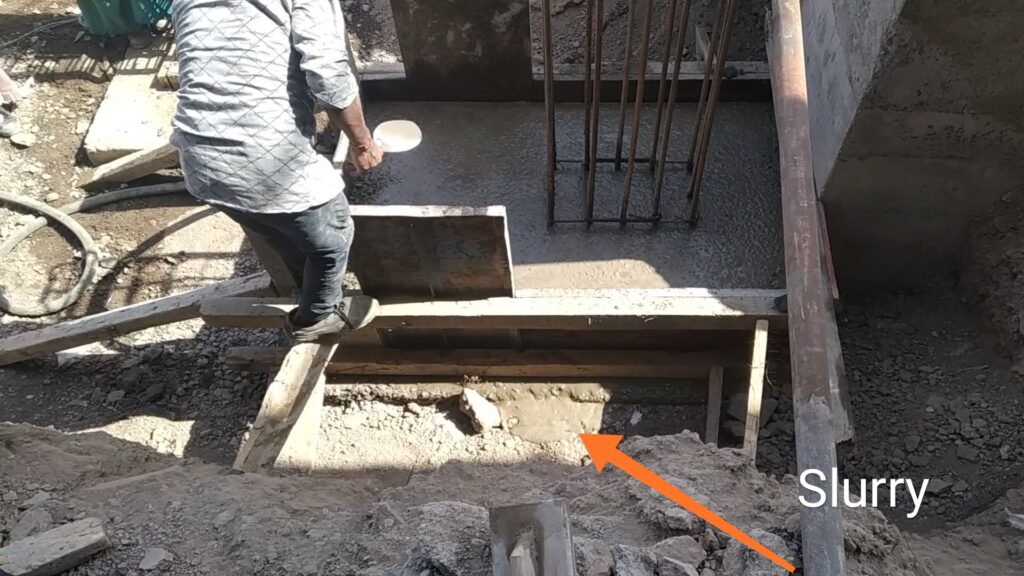
All joints shall be sufficiently tight to prevent leakage of grout.
If movement or deflection of the form work or loss of grout occurs, the damaged concrete supported by such form work shall be removed and the concrete re-cast so that the required finish is obtained.
Formwork and its supports should be designed to withstand the worst combinations of self-weight, reinforcement and wet concrete weights, concrete pressure, construction and wind loads.
Note :
If timber forms are used they shall be of sound, well-seasoned timber free from loose knots.
The forms shall be faced to give the specified class of finish for the structures. The formed surfaces of exposed concrete shall be smooth, true and free from all irregularities.
For below ground concrete except against existing structures, rough form work may be used, which may be plain sawn timbers, block work, brickwork, steel pans etc., provided all joints prevent the loss of grout.
Minimum period before removal of form work
| Wall, columns and vertical faces of all structural members | 24 to 48 hours as may be decided by the engineer in charge. |
| Slab (props left under) * | 3 days |
| Beam Soffits (props left under) | 7 days |
| Removal of props under slabs Spanning up to 4.5 m Spanning over 4.5 m | 7 days 14 days |
| Removal of props under beams Spanning up to 6 m Spanning over 6 m | 14 days 21 days |
Curing
Curing should be done in summer for minimum 10 days to avoid cracks
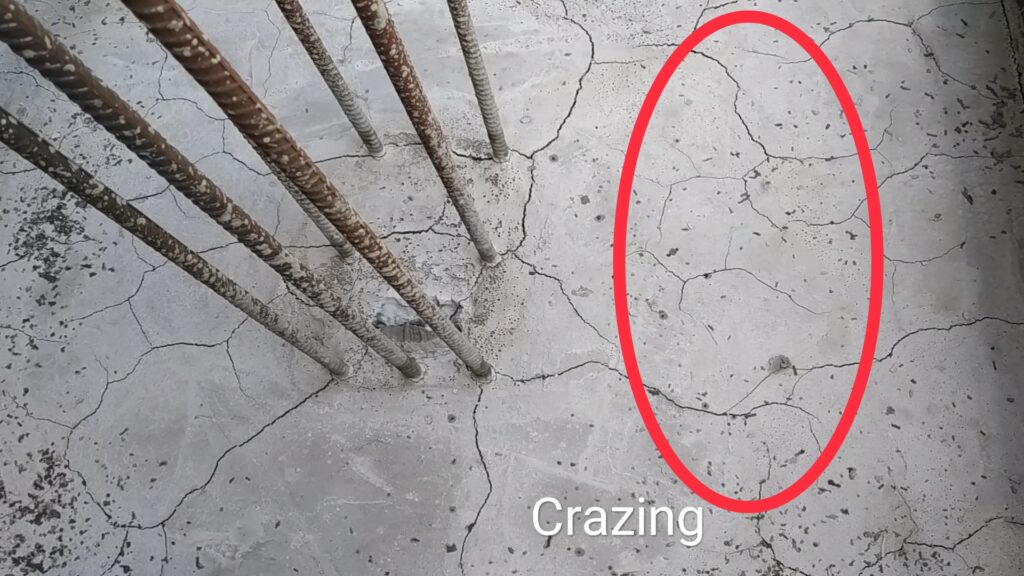
The period of curing depends on the temperature because the rate of all chemical reactions is dependent on temperature.
Therefore, in summer the rate of reaction (hydration) is faster so that a shorter curing time is required. On the contrary, in winter the rate of reaction (hydration) is slower so that a longer curing time is required.
While concrete sets, it gains hardness and strength as the process of hydration slowly spreads the entire body of material. Curing should be allowed to continue for several days before subjecting the new concrete to significant stress
Other Common mistake
| Polythene bag and hand glows were found buried with concrete at cable trench in Building. |
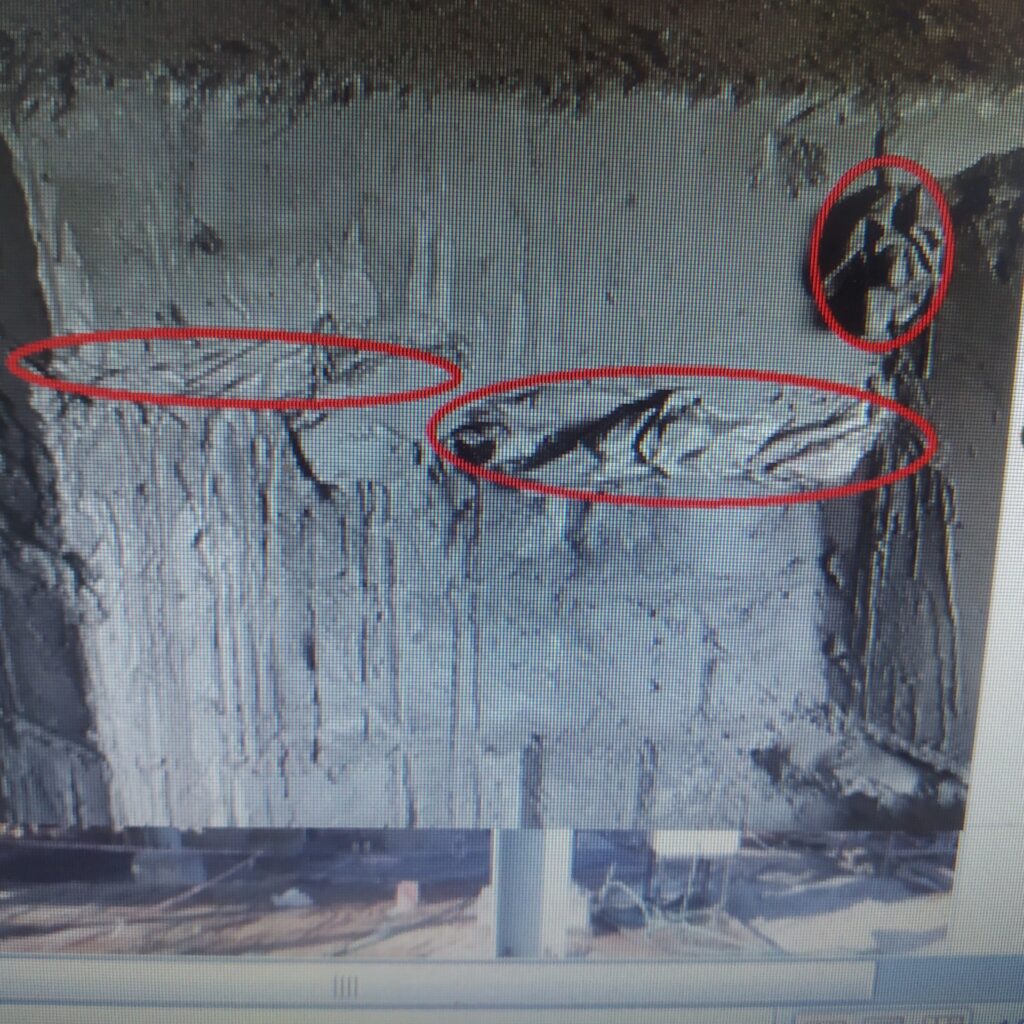
| 2. Concrete stopper was not proper and few concrete get way during casting of plinth beam at Chemical Building. |
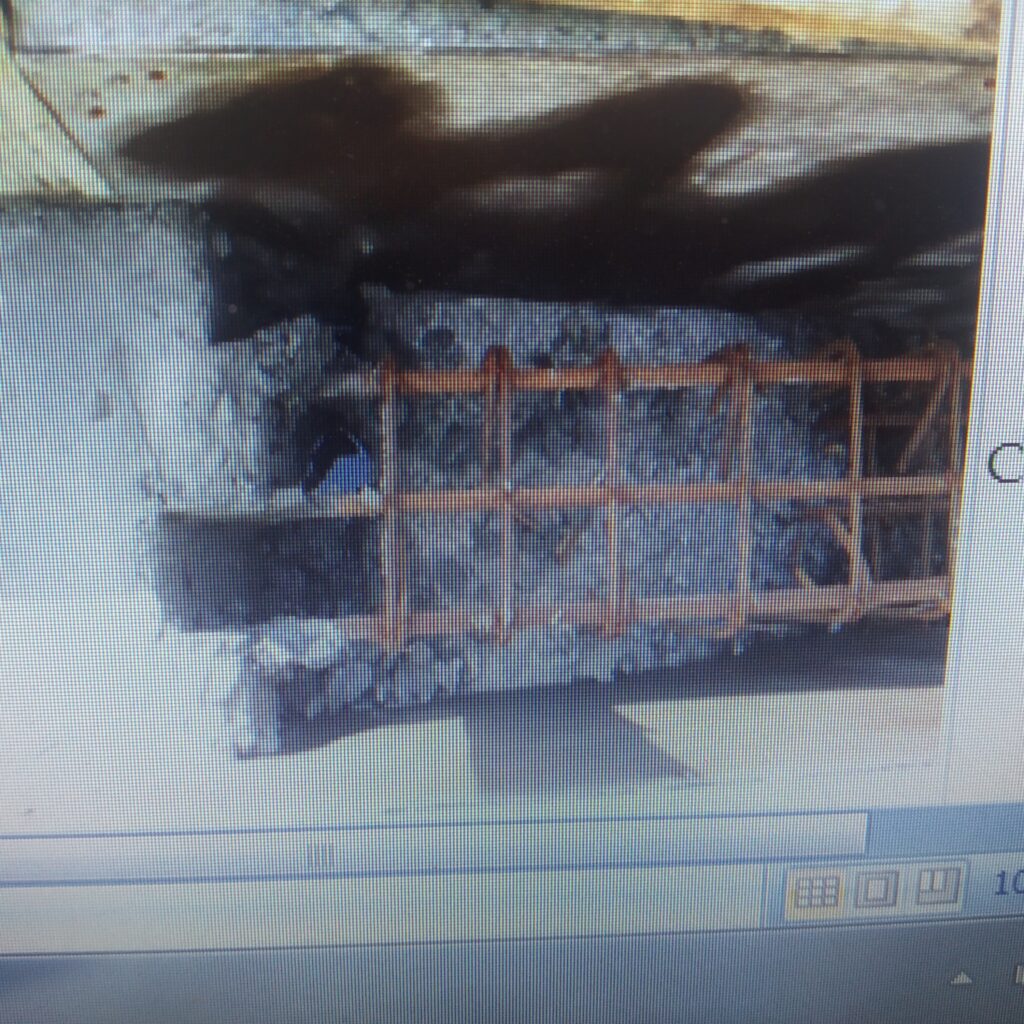
| 3. Part of lateral reinforcement hooks of pipe support pedestal found bent up to 90 degree at paving of Additive Building. |
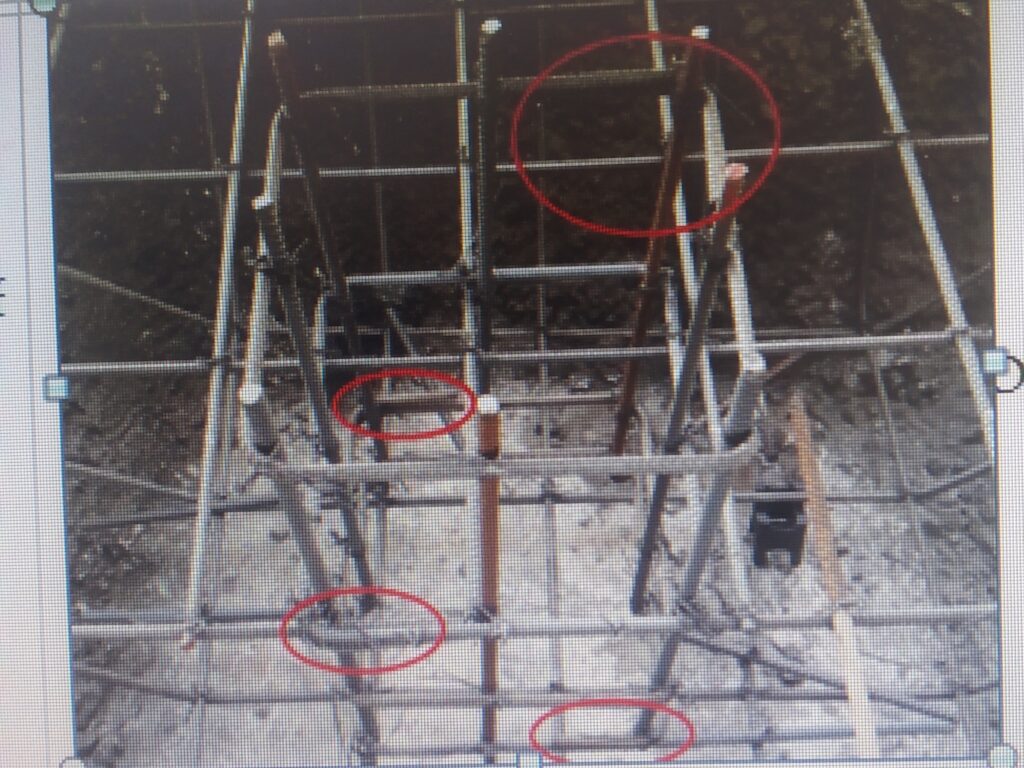
| 4. PCC surface was not proper cleaned and raft reinforcement was fixed on loose material at cable support foundations inside Building |
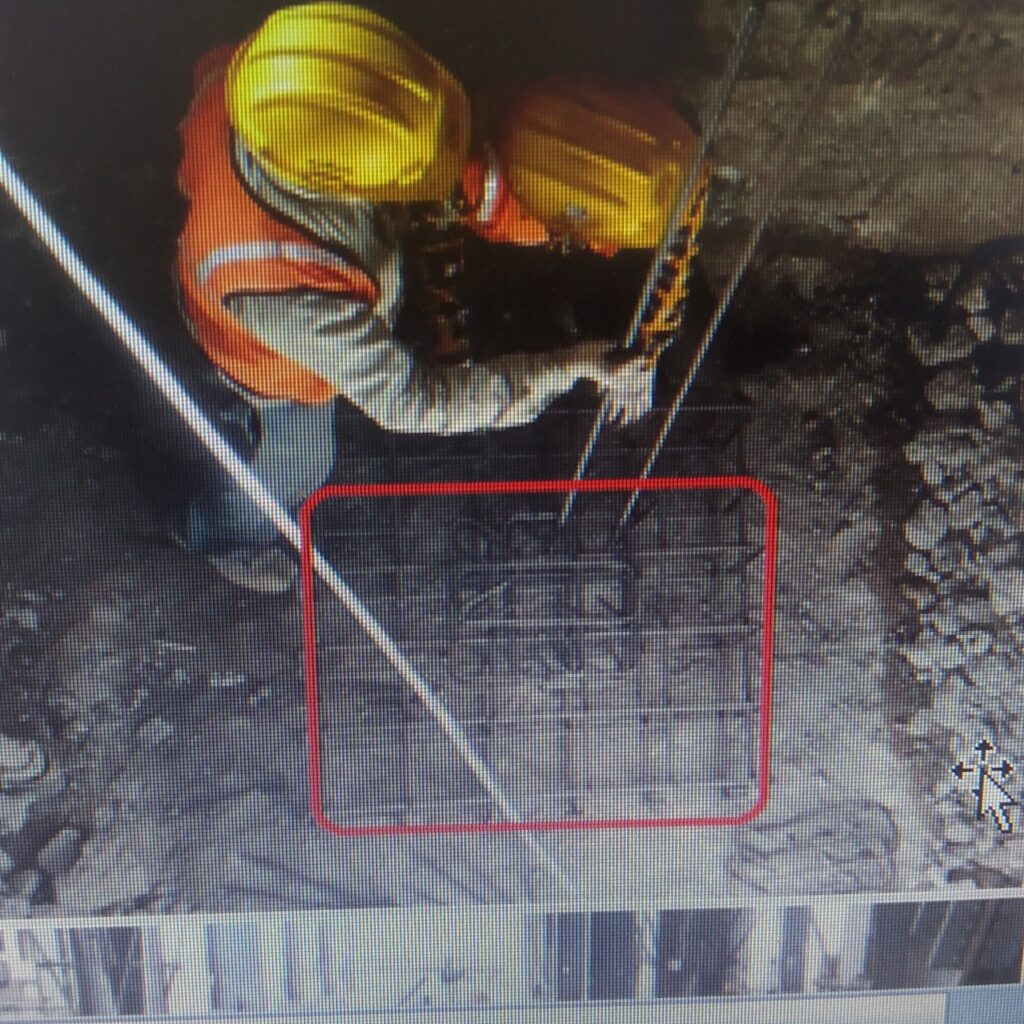
| 5. Cover to reinforcement was not maintained and cover blocks not placed in column of cable supports inside Building. |
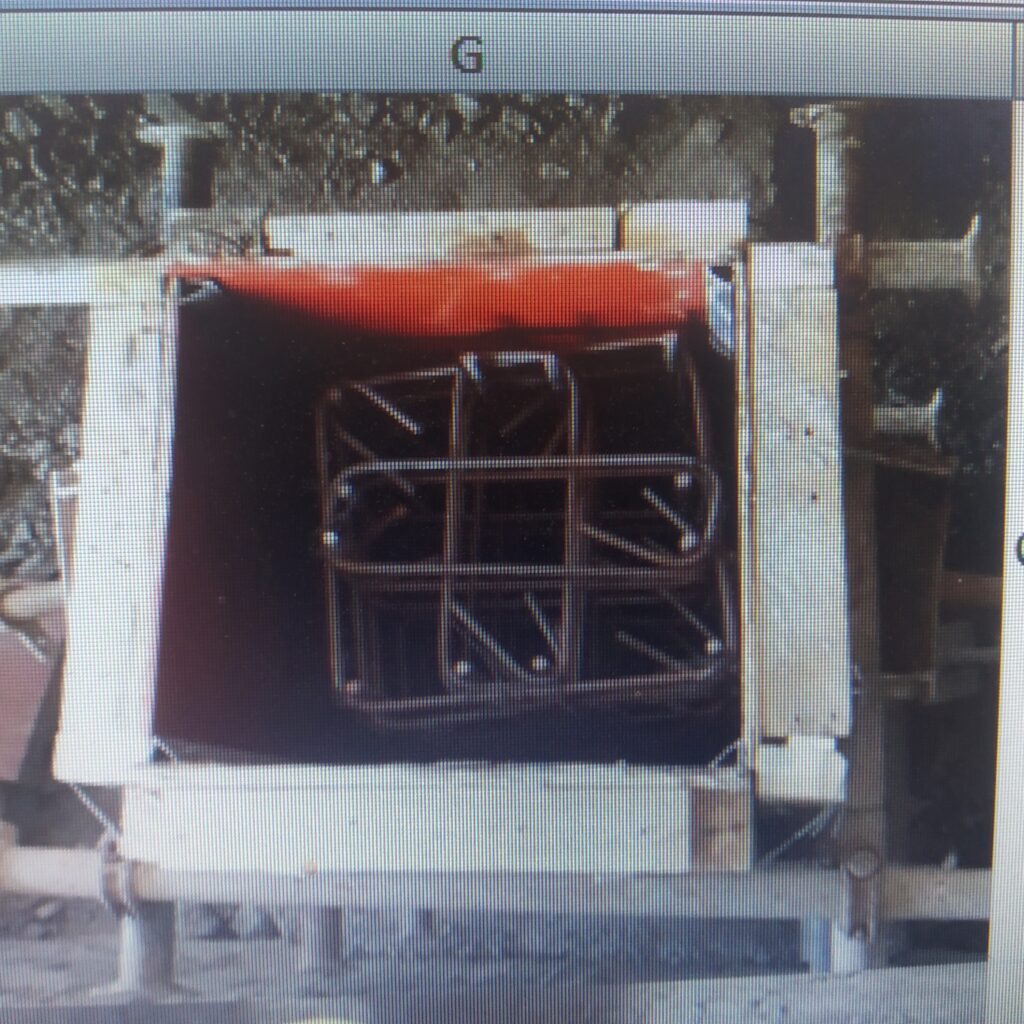
| 6. Shear key was not prepared on top of column |
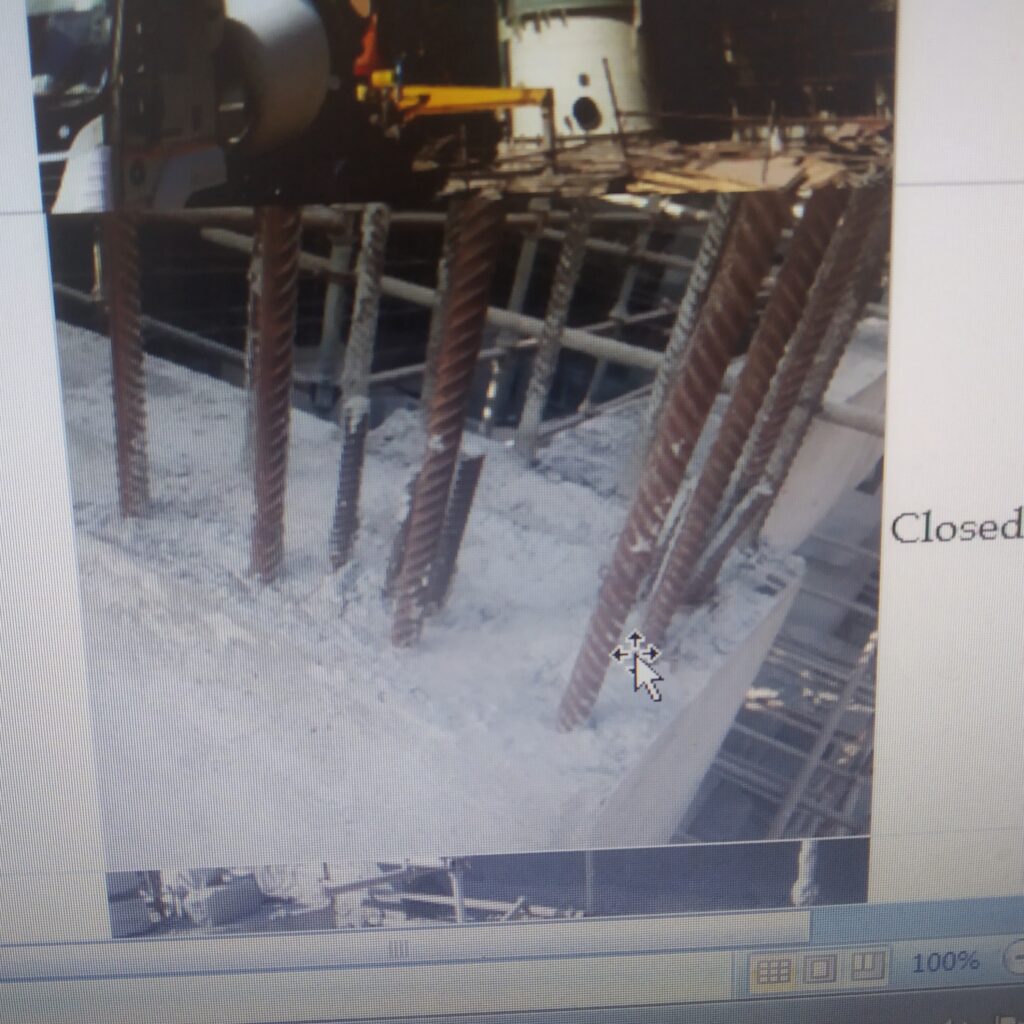
| 7. Honeycomb was observed in concrete of cable trench |
